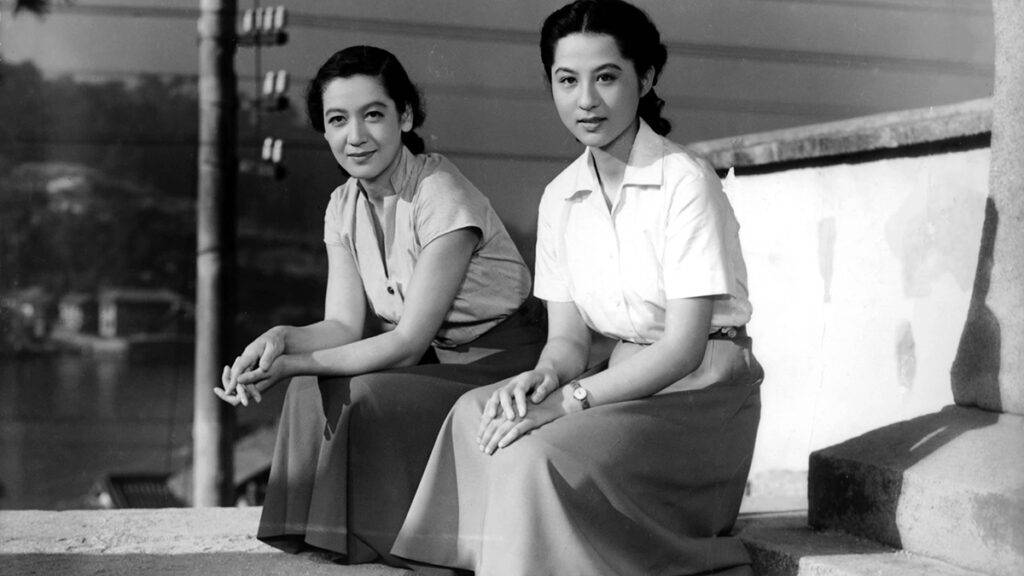Wednesday, April 24 @ 7:30 PM / NEIU — The Auditorium at NEIU — 3701 W Bryn Mawr Ave
Tickets: $10 at the door

TOKYO STORY
Directed by Yasujirō Ozu • 1953
Yasujirō Ozu’s nuanced and beautifully realized portrait of postwar life in Japan is a depiction of family, and of the consequences of belonging to one—among them joy, connection, regret, and grief. By the time of Tokyo Story‘s 1953 release, Ozu had directed 39 features and 6 shorts in a career that started in 1927. Taking inspiration from Hollywood’s 1937 drama Make Way for Tomorrow, an intergenerational family story set in the aftermath of the Great Depression, he set out to make Tokyo Story. Despite Ozu’s assertion that it’s his most melodramatic feature, it is a perfect introduction to his distinctive visual style and his narrative preoccupations. Through his signature cutaways, he depicts the modernization and Westernization of Tokyo. Like many of his other movies, it is also a domestic drama (although the director remained famously unmarried). The grandparents, Tomi (Chieko Higashiyama) and Shukichi (frequent Ozu collaborator Chishū Ryū) aren’t perfect; we meet Shukichi as an amiable elder, not as a compulsive drinker. The children carry pain too. The movie’s lone hero is their widowed daughter-in-law (Ozu regular Setsuko Hara), a character already painfully acquainted with loss. If only being a part of a family was simple. Tokyo Story does not condemn the offspring (although their selfish dismissiveness does rattle). If anything, it takes great pains to show one of the causes of this fissure. They are not deliberately cruel. It contributes to the movie’s potent universality. They are busy. They are distracted. The world had changed. As Tokyo transforms, so does the family over three generations. (RIN)
136 min • Shochiku • 35mm from Janus Films
Preceded by: Harry and Tonto trailer (1974) – 35mm
NEXT UP: May 2 at 6:45 PM @ Music Box – MASTER AND COMMANDER
